The godfathers of Artificial Intelligence have just won the Nobel Prize in Physics
Research on neural networks paved the way for current AI systems like ChatGPT
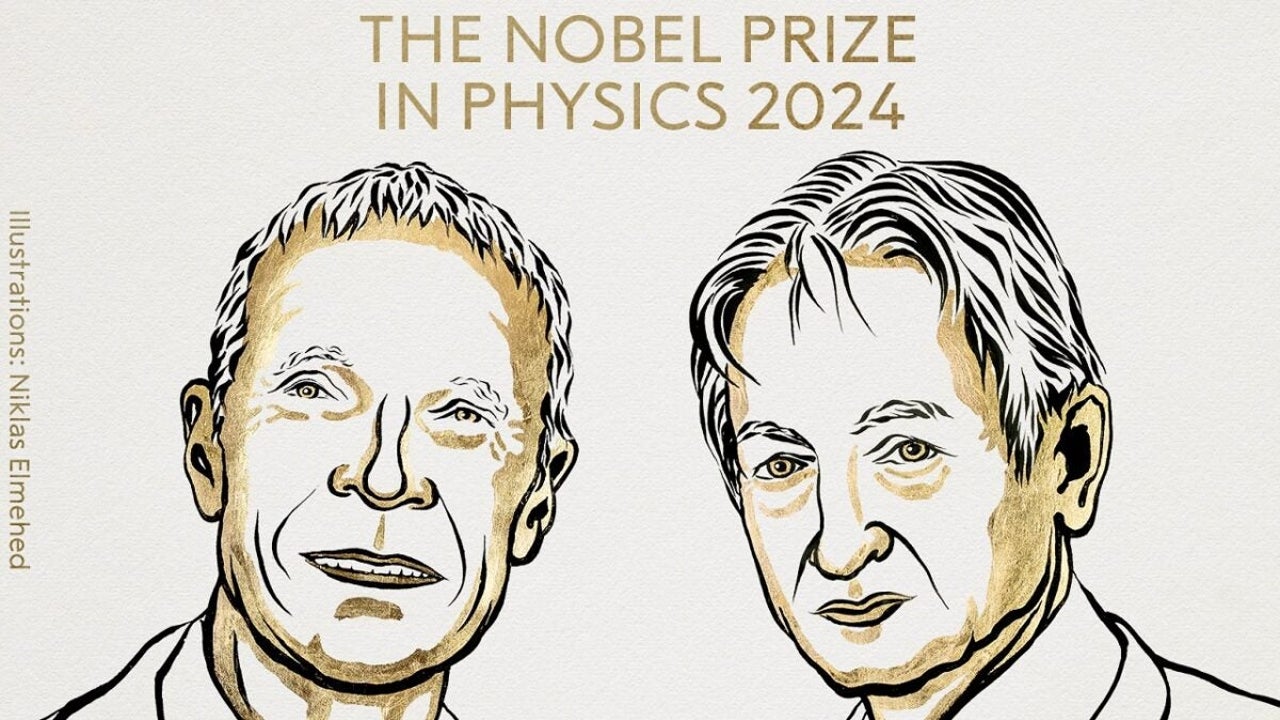
- October 8, 2024
- Updated: October 28, 2024 at 6:41 AM

The Nobel Prize in Physics has been awarded to two scientists, Geoffrey Hinton and John Hopfield, for their work on machine learning. The announcement was made by the Royal Swedish Academy of Sciences at a press conference in Stockholm, Sweden.

Subscribe to the Softonic newsletter and get the latest in tech, gaming, entertainment and deals right in your inbox.
Subscribe (it's FREE) ►Curiously, the British-Canadian professor Geoffrey Hinton, known as the Godfather of Artificial Intelligence, was surprised, as he resigned from Google in 2023 and has since warned about the dangers of machines that could be more intelligent than humans.
For his part, the American professor John Hopfield is a professor at Princeton University (USA) and the British-Canadian Geoffrey Hinton is a professor at the University of Toronto (Canada).
Hinton’s contribution to developing machine learning
Machine learning is key to artificial intelligence, as it develops how a computer can be trained to generate information. This is the engine behind a wide range of technologies we use today, from how we search the Internet to how we edit photos on our phones.
The Academy listed some of the crucial applications of the work of both scientists, such as the improvement of climate modeling, the development of solar cells, and the analysis of medical images.
Professor Hinton’s groundbreaking research on neural networks paved the way for current AI systems like ChatGPT. In artificial intelligence, neural networks are systems similar to the human brain in their way of learning and processing information. They allow AI to learn from experience, just as a person would. This is known as deep learning.
Professor Hinton said that his work on artificial neural networks was revolutionary. But he also expressed concern about the future and stated that he would do the same work again, “but I worry that the overall consequences of this could be systems more intelligent than us that end up taking control.”
As Nobel Prize winners, the two professors share a monetary award of 11 million Swedish kronor (equivalent to 1 million dollars).
Journalist specialized in technology, entertainment and video games. Writing about what I'm passionate about (gadgets, games and movies) allows me to stay sane and wake up with a smile on my face when the alarm clock goes off. PS: this is not true 100% of the time.
Latest from Chema Carvajal Sarabia
You may also like
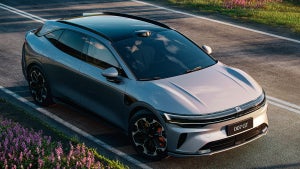
Experience Supercar Speed: ZEEKR’s 7GT Accelerates from 0-100 km/h in Just 2.95 Seconds
Read more

Rising Tensions: Protests and Counter-Protests Highlight Political Divide in America
Read more
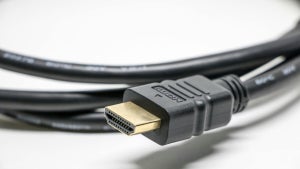
Is this the end of HDMI? These ports could replace it
Read more
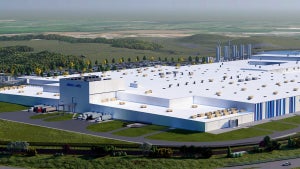
New Battery Plant Promises Over 1,100 Jobs in US
Read more
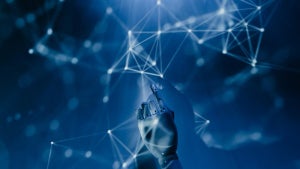
If you have to pay for only one AI subscription, this is the best one
Read more
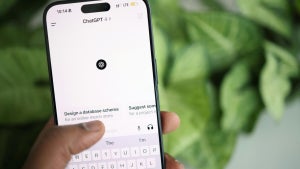
ChatGPT is the most downloaded app in the world, but is it enough?
Read more